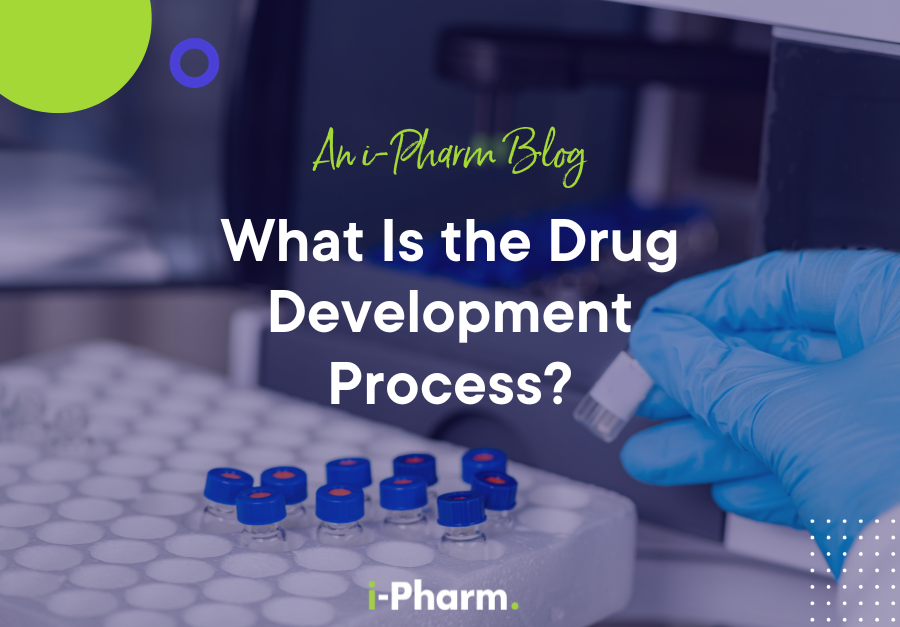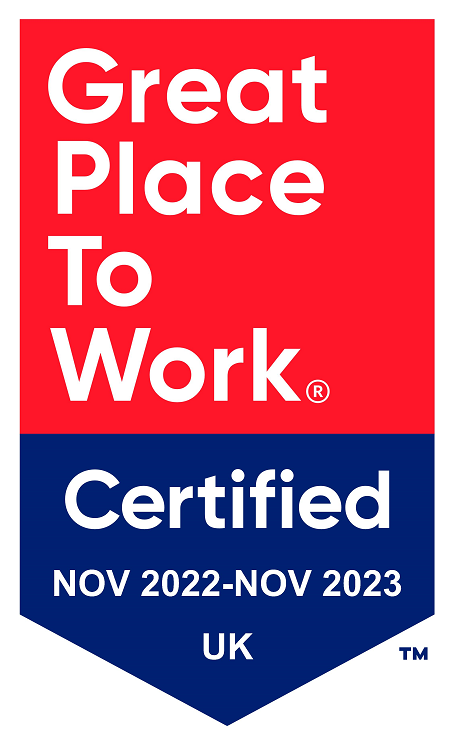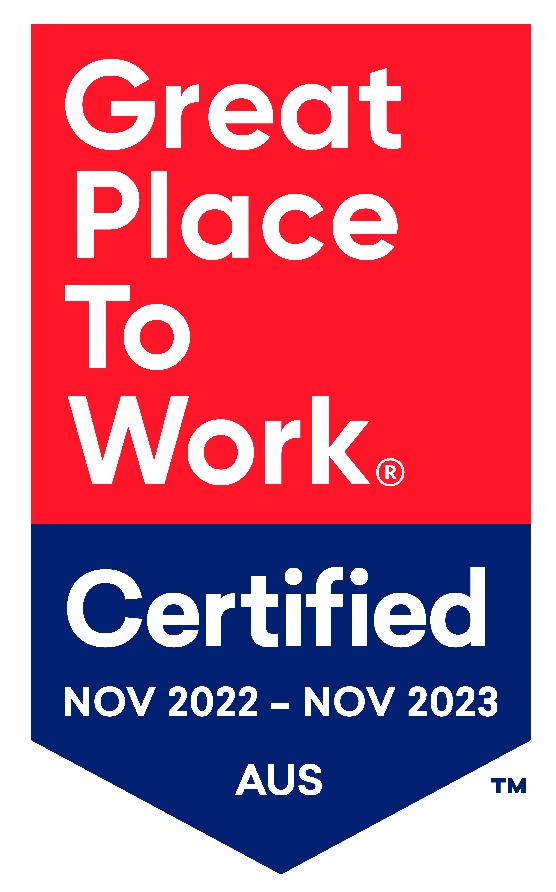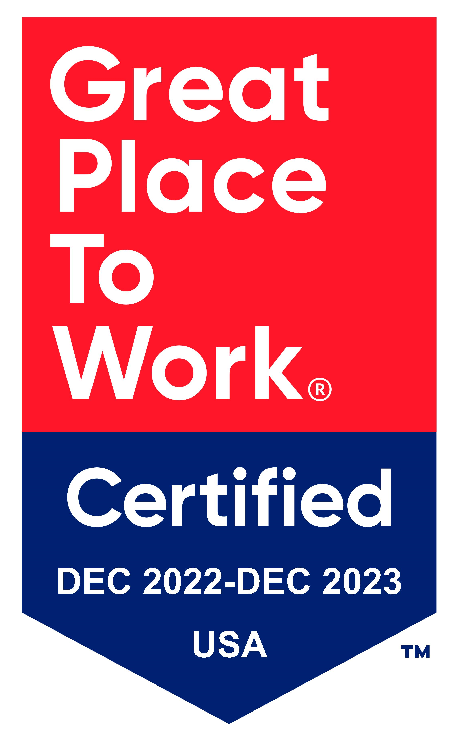Succession Planning & Why it Matters
28 Oct, 20227 MinutesThe global biometrics market is forecasted to reach £62 ($68) billion by the year 2027...

The global biometrics market is forecasted to reach £62 ($68) billion by the year 2027, therefore increasing various job opportunities in the market for candidates. Both the UK and New York have seen a huge influx of vacancies with both sponsor-side companies and clinical research organisations (CROs). Covid-19 trials have further increased the urgent need for highly qualified biostatisticians to guarantee precision and accuracy. However, with such a huge increase in demand, how can sponsor companies and CROs onboard candidates efficiently and ensure they hold onto their talent?
What is Succession Planning?
An observable trend in the UK’s Biometrics market is the fact that candidates want to step up in their careers, however, companies are not willing to onboard them as they are not forward planning for senior positions. The process of finding and developing persons to take on business-critical tasks, including future leaders, senior managers, and other positions, is known as succession planning. If a current post holder quits the organisation, it is important to be able to efficiently fill that position. Programs for succession planning frequently involve real-world, customised work experience pertinent to future responsibilities.
The life sciences sector is characterised by continual change. Businesses are constantly looking for methods to make improvements and outdo competitors while limiting disruptions to daily operations. Diversity in talent is essential in this cutthroat industry since quality must continually be developed.
What is the current approach to Succession Planning?
Finding qualified candidates to fill critical positions is a requirement for all organisations.
Large corporations have historically operated highly organised, private, and top-down succession plans designed to identify internal successors for key positions and plan their career trajectories appropriately. However, this kind of succession planning has become less common due to rising unpredictability, accelerating change, and flatter organisational structures.
Another issue with traditional succession planning was that it neglected to consider non-managerial responsibilities – for example a successful biostatistician who might be essential to the organization's future and who preferred to remain in a research capacity. Interest in succession planning has resurfaced amid persistent skills shortages and data indicating a lack of faith in the leadership capacity of the current workforce.
Can this be achieved in the Biometrics market?
In a short, simple and straightforward answer – yes. Succession planning within the biometrics market will give CROs and Sponsor companies the opportunity to tackle issues surrounding the need for qualified senior/principal-level biostatisticians both in the UK and US. Adopting talent management practices, such as leadership training, will allow such companies to manage and develop the existing talent pool within the Biometrics market to more senior positions. Modern succession planning entails companies being open to a broader vision, greater openness and increased diversity.
i-Pharm Consulting is a leading provider of staffing services in the Biometrics space working with a large range of Pharmaceutical, Biotechnology and Contract Research Organisations. Get in touch here to find out more.











